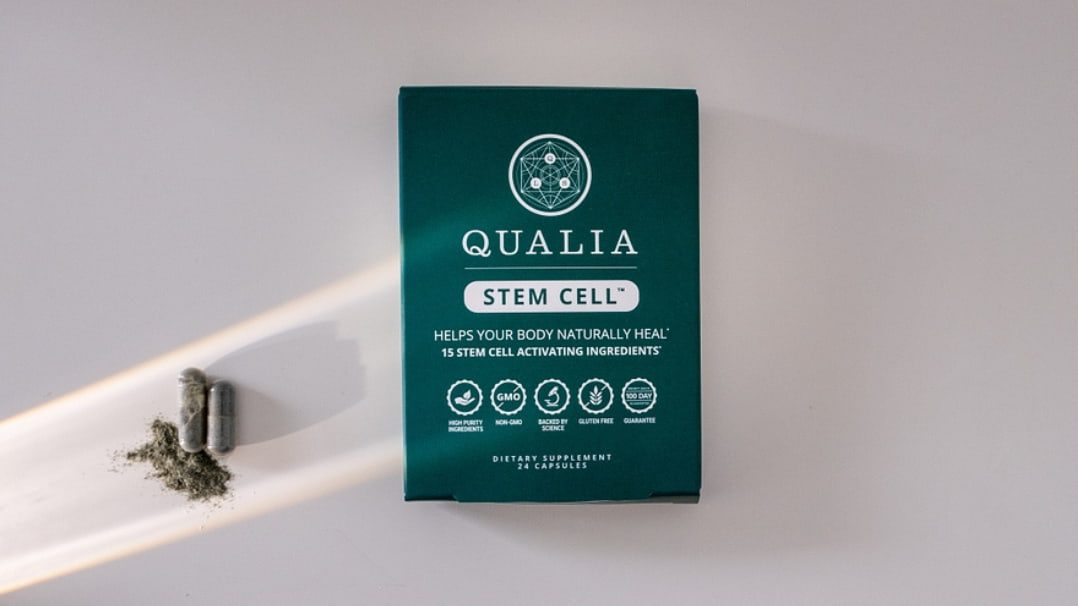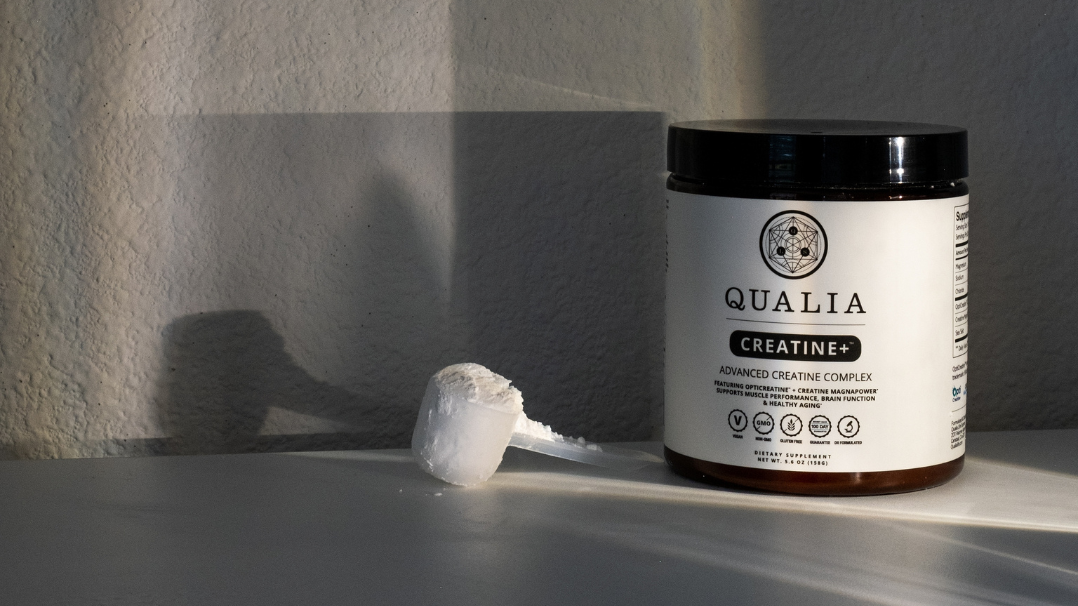Molly Maloof, MD is here to share with us the neuroscience behind using psychedelic-assisted therapy to support trauma healing and promote structural and functional neural plasticity.†
What makes the neuroplastic state promoted by psychedelics different from existing neuroplastic capabilities of the brain?
Anyone can harness neuroplasticity through exercise, meditation, and other activities that engage cognition. However, when someone is suffering from poor mental health or chronic stress, this can make the brain more rigid. Research suggests that a deficiency in neuroplasticity is associated with mood disturbances, along with sleep difficulties, and overstimulation. Psychedelics can temporarily disrupt these patterns.*
Psychedelics can temporarily help disrupt rigid brain patterns associated with mood disturbances.
What is the link between psychedelics and BDNF?
Ketamine is an NMDA receptor antagonist and an AMPA receptor stimulator. AMPA stimulation results in BDNF (brain-derived neurotrophic factor). BDNF stimulates the formation of new receptors and synapses (vital connections between neurons). Ketamine has been linked to supporting growth of neural connections, known to be diminished by chronic stress.*
You mentioned ketamine, what are your thoughts on that?
Ketamine is a double-edge sword. On one hand ketamine has been associated with the ability to discourage suicidal attempts, but on the other hand it can create ketamine use disorder and psychological addiction which can lead to physiological damage.
You must be screened to ensure you are a proper candidate for this substance and it’s incredibly important to work with a trained doctor who can provide you with proper informed consent. Ketamine is not recommended for people with seizure disorders, uncontrolled high blood pressure, or psychotic psychiatric conditions.
Why do you believe it is vital to combine psychedelic medicine with therapy†?
Part of the reason why this is so important is due to the need for integration. It is extremely helpful to have a person who is an objective observer of your life provide feedback on the insights gained from your experience and to guide you in protocols designed to integrate these insights into day-to-day life.
Psychedelic trips can be confusing or bring up challenging memories, especially for people who have experienced trauma. Having a trained professional evaluate the learnings and de-escalate challenging emotions that may be disruptive to progress is essential. A trauma informed therapist ensures a person can make the most of their psychedelic experiences, especially if they are being used to work through traumatic life events.
A trauma-informed therapist ensures a person can make the most of their psychedelic experiences, especially if they are being used to work through traumatic life events.
What would you say to those who are concerned about the side effects that could be associated with psychedelics?
As a general rule, people with a family history of psychosis or schizophrenia or individuals who themselves have experienced these problems should avoid psychedelic substances. Remember we have a long way to go in the research of these medicines before they are fully ready for mainstream adoption.†
Let’s switch gears to MDMA assisted therapy. How can someone get started and where can they find reputable providers?
I should first mention that MDMA is still considered a scheduled one substance which means that using it in America is in fact breaking the law. That being said, there are many therapists in various locations who have normalized the use of MDMA as a therapeutic, such as those found in directories like psychedelic.support.com.†
My recommendation is that people undergoing MDMA therapy have access to two therapists in the room and ensure that the therapist administering the substance is not of the opposite sex and or left alone with the patient.†
MDMA is a love drug and can induce feelings of trust and romantic love. Safety is paramount and absolutely necessary in creating beneficial outcomes. I’ve always told people to choose your shaman like you would your neurosurgeon. Make sure you have strong referrals and that you have verified the provider’s training.†*
How should women differ in their approach to psychedelic therapies compared to men?
Referring back to the last question, women need to be a lot more careful about who they sit with because of the risks of sexual trauma. It’s vital that both men and women deeply interview and trust their therapist. I am currently working on an ethical framework for modern use of psychedelic therapies in a sexual healing context. It’s really exciting work but extremely fraught with risk which is why I’m eliciting world-class ethicists.†
Ayahuasca, what are your thoughts?
Again, choose a shaman like you would a neurosurgeon. Do not rush into any Ayahuasca ceremony without verifying credibility.
Choose a shaman like you would a neurosurgeon.
Physically Ayahuasca can be extraordinarily challenging and cause purging or defecation. This could be traumatic if a person is unaware that this could be their experience in the context of a ceremony with others. It’s really key that people sit with people they trust, love and feel completely safe with for an Ayahuasca to be beneficial.†*
Will psychedelic therapy get rid of my monkey mind?
In my opinion psychedelics are not the best way to relieve a monkey mind (a mind that jumps from thought to thought), but rather to incorporate meditation practices into your life. Start with an app like Calm or Headspace and aim for five minutes a day, gradually increasing to 15 minutes twice a day. I highly recommend Jeffrey Martin and his 45 Days to Awakening Challenge for a thorough training of consciousness expansion. The monkey mind is best calmed through mental training and meditation is the best path to do this.
The monkey mind is best calmed through mental training and meditation is the best path to do this.
Get to Know Molly Maloof, MD
What books are you reading right now?
I highly recommend reading Timothy Leary’s biography. It paints an accurate picture of the 60s and 70s and how wild that time was to be alive. It provides historical context for where psychedelics went wrong and how they can go right in the present and future.
Favorite quote?
This Is by Pierre Teilhard de Chardin, “Someday, after mastering the wind, the waves, the tides, and gravity, we shall harness for God the energies of love and then, for a second time in the history of the world, man will have discovered fire.“
I spent a year and a half studying love: how to measure it and amplify it. This is the mission of my company Adamo Bioscience. I believe that love is the secret healing force that we can unlock to transform our health, our minds, and our lives. It is also the creative force of the universe. The more we can understand love the more we can understand the nature of life itself.
Last, do you consider yourself a good sleeper? When did you realize you were one? What helped you become a good sleeper?
I consider myself an outstanding sleeper for the most part. I have extremely vivid movie-level dream adventures that frankly create a second life for me in my dream world. I have such amazing dreams that it makes me feel almost supernatural when I can fly and manifest all sorts of cool experiences.
Walk us through your sleep routine from dinner until you hit the pillow. What devices, supplements/teas, tech, textiles, etc. do you use?
I aim to stop eating around 6/7 PM. I start winding down by 8 PM with recovery practices such as using PEMF mat, doing some yoga or laying on an acupressure mat. I then wash my face, moisturize my skin, brush my teeth (and floss!). I also take a dose of magnesium. Sometimes I’ll read or simply lay in bed and review how my day went. I like to visualize, meditate or pray before I go to sleep. I find this to be a powerful practice for me to manifest in reality what I want for myself.
Connect With Molly Maloof, MD
Molly Maloof, MD is passionate about extending healthspan through her medical practice, personal brand, entrepreneurial and educational endeavors. She is the Founder and CEO of Adamo Bioscience, a company pioneering the science of love. She provides personalized medicine to world class entrepreneurs, investors, and technology executives in Silicon Valley. Since 2012, she has worked as an advisor or consultant to over 50 companies in the digital health, consumer health, and biotechnology industries. She teaches a course on healthspan in the Medical School at Stanford University which she has transformed into an online course that will be launched to the public this year and is writing a book on biohacking for women with Harper Wave Books.
Connect with Molly and learn more about her work using the links below.
Featured Podcast
*These statements have not been evaluated by the Food and Drug Administration. The products and services mentioned are not intended to diagnose, treat, cure, or prevent any disease. Psychedelics are classified as Schedule 1 Controlled Substances by the DEA, and not approved by the FDA for any accepted medical use or prescription.
†The recommendations in this article represent the opinions and experience of the interviewee, and should not be construed as medical advice or a reflection of general user results.
 Written by
Written by







